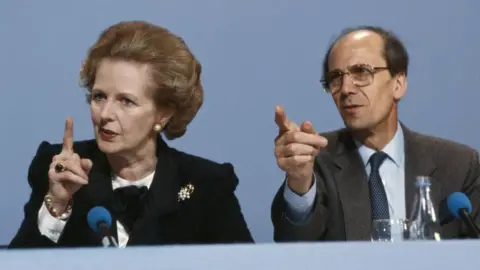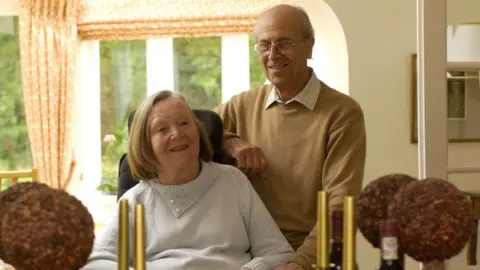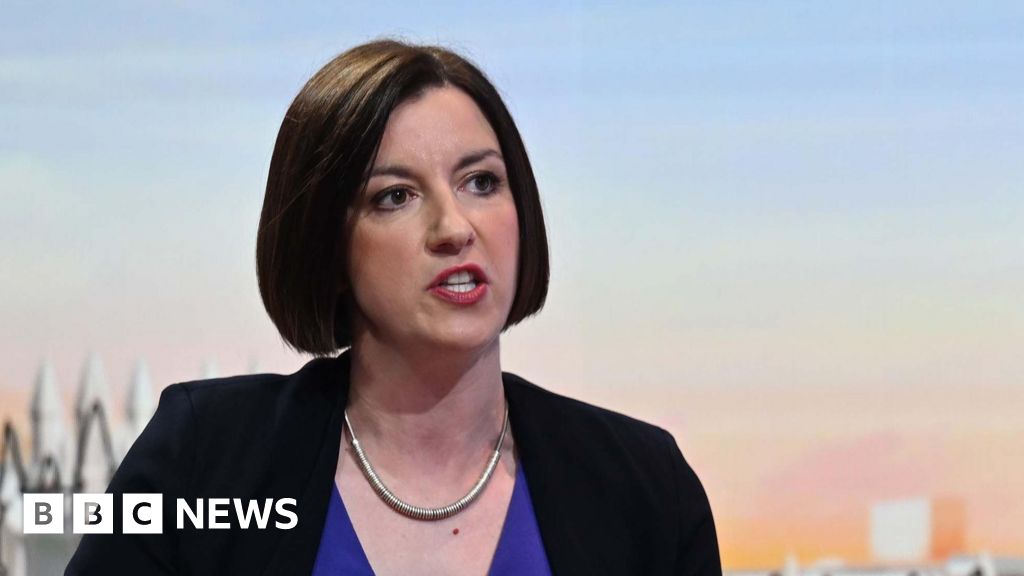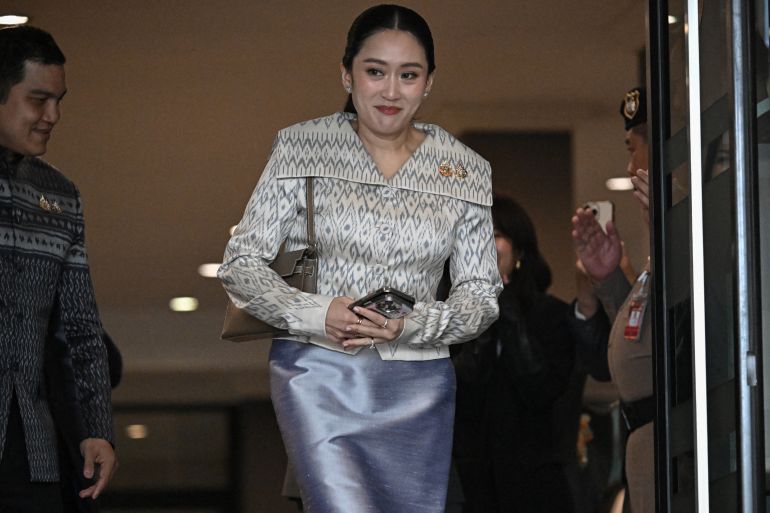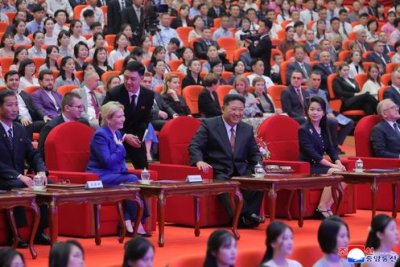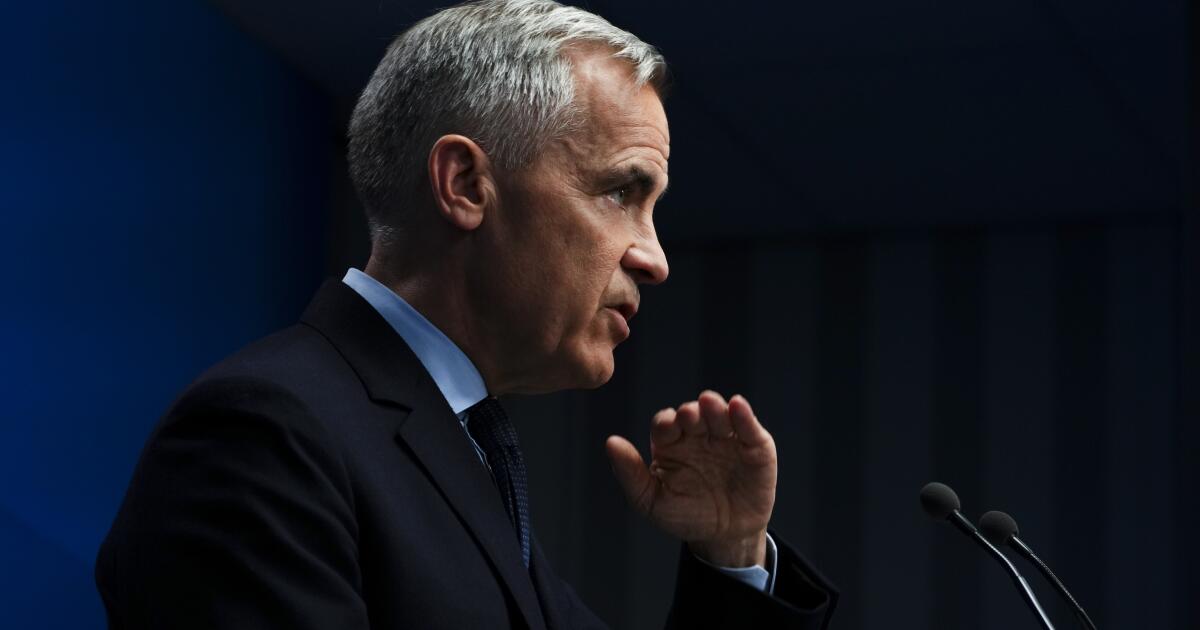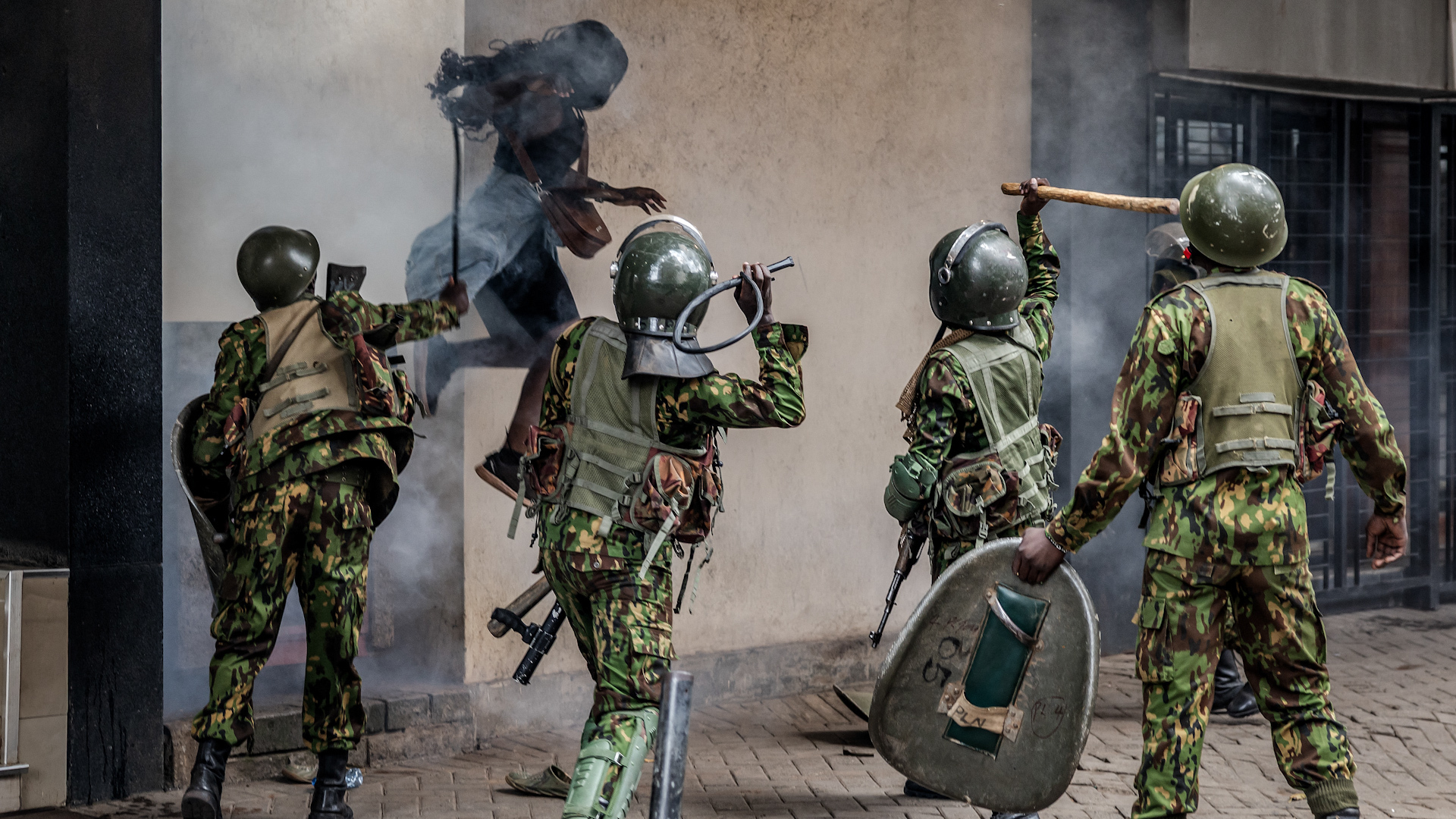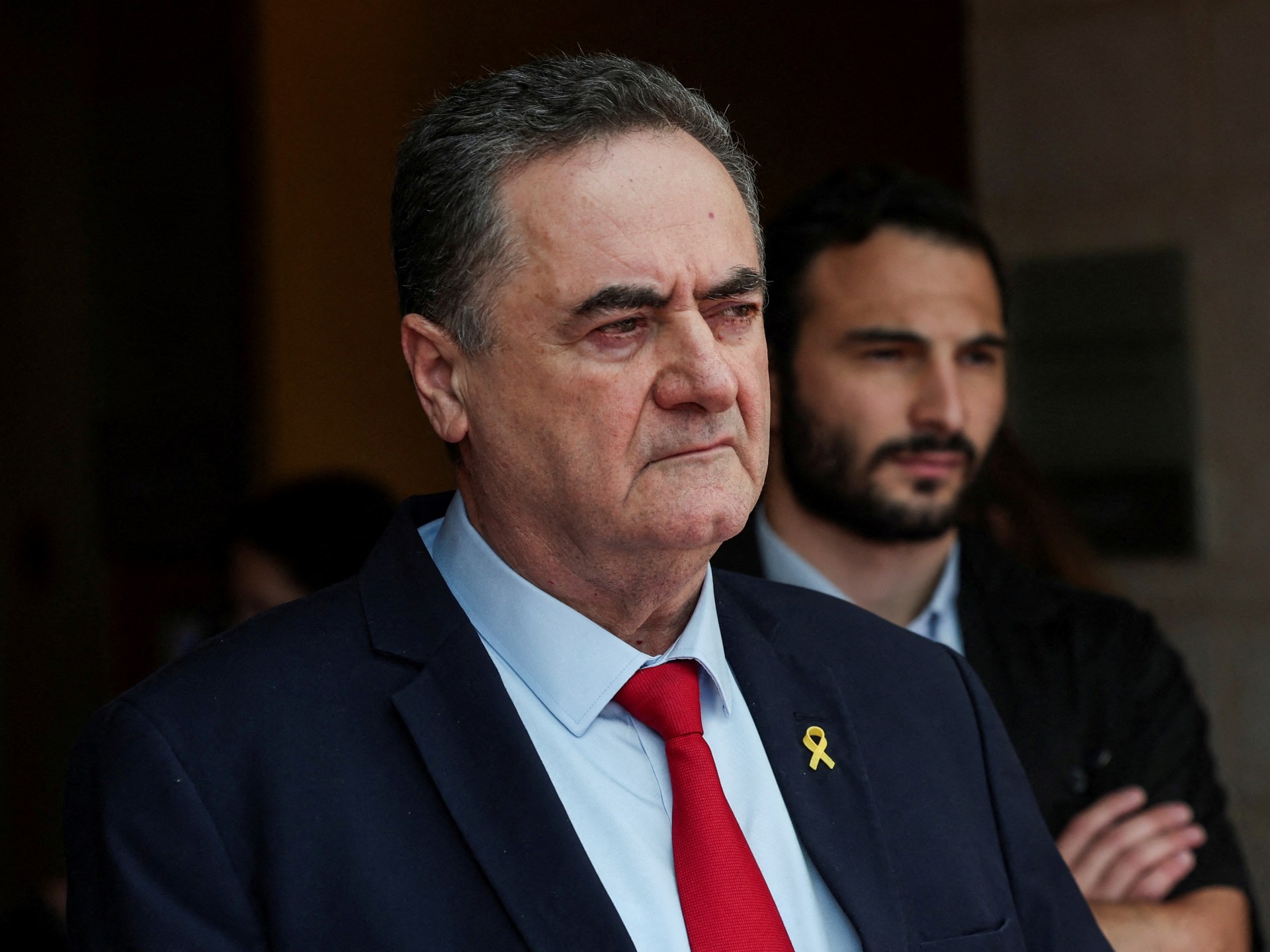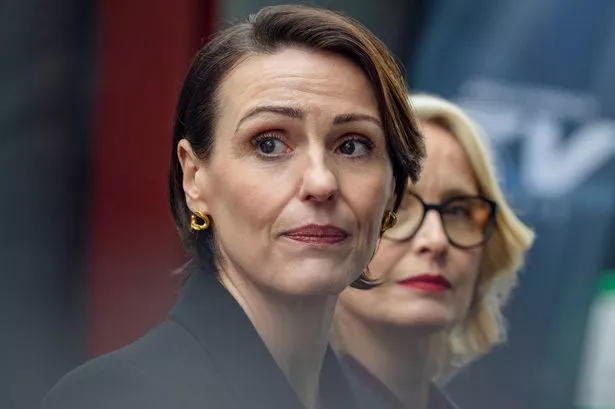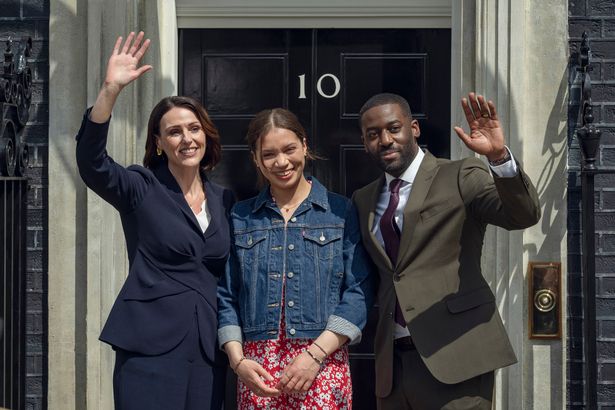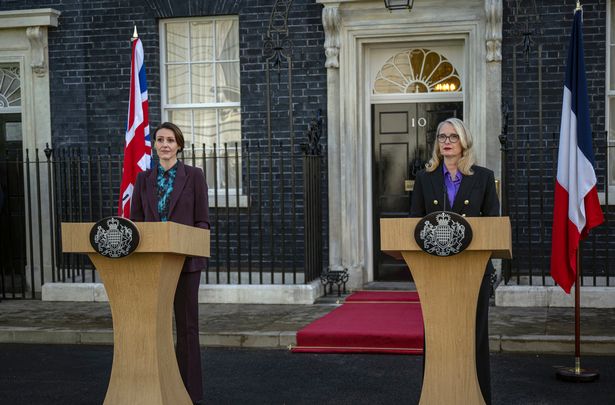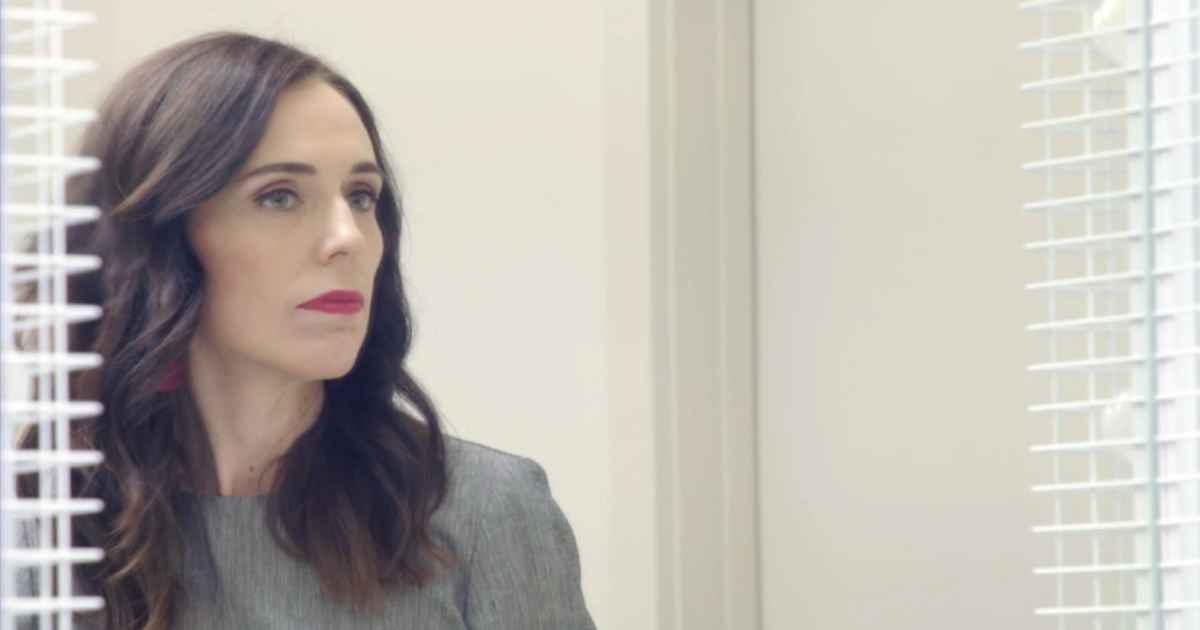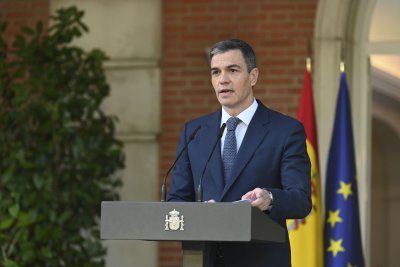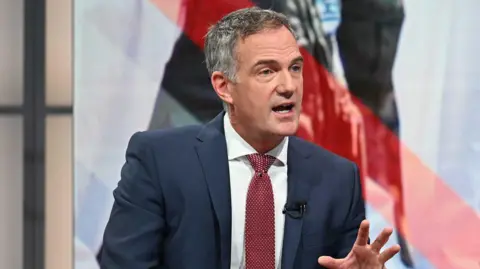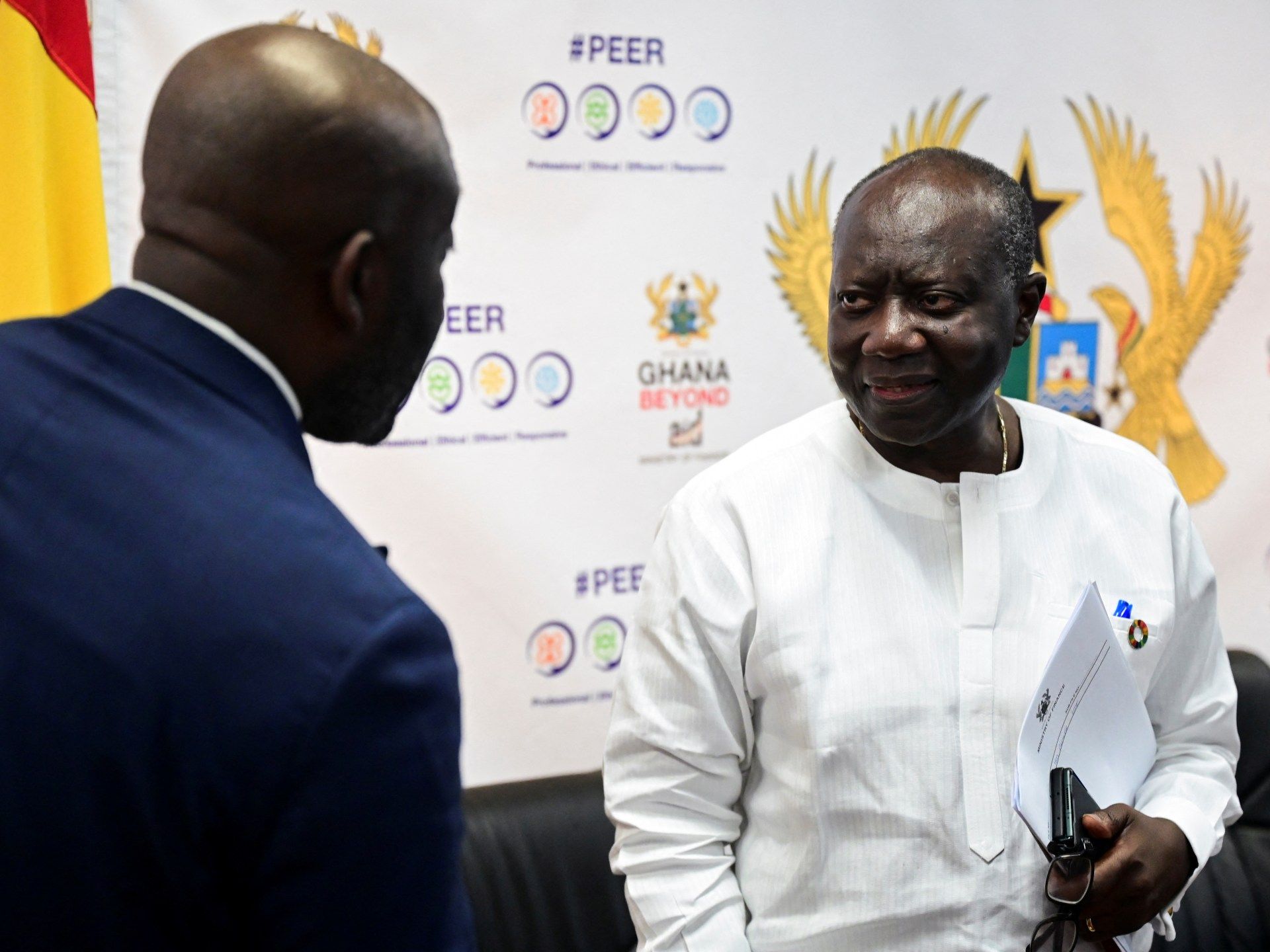Suranne Jones will be playing fictional British Prime Minister Abigail Dalton on the political thriller series where the head of government faces difficult decisions when her husband is kidnapped
Netflix has released first look images of Hostage, a new political thriller starring Suranne Jones in her first-ever project for the streaming platform.
The five part series will see Jones take on the role of British Prime Minister Abigail Dalton, who finds herself in crisis when her husband is kidnapped. French screen queen Julie Delpy will co-star as fictional French President Vivienne Toussaint, who is blackmailed around the same time.
Both women end up having to make very difficult decisions which put their political reputations on the line. Netflix’s synopsis teases: “When the British Prime Minister’s husband is kidnapped and the visiting French President is blackmailed, the two political leaders both face unimaginable choices.
“Forced into a fierce rivalry where their political futures, and lives, might hang in the balance, can they work together to uncover the plot that threatens them both?”
The series is written by Bridge of Spies and Treason creator Matt Charman, with Jones doubling up as an executive producer. The Vigil and Doctor Foster star has opened up about the project, saying: “I’m thrilled to be on Netflix, in something I’m really proud of. It’s been something I’ve wanted to do for a long time.
“We’d talked about projects previously, but for me it was about finding the right thing. Hostage was perfect – me and Matt together backed up by this brilliant, supportive team. I loved it.”
Charman praised Jones’s performance, saying: “I’ve been dying to find the right story to tell with Suranne and I honestly believe what she’s done with this character is going to blow the Netflix audience away. An embattled British PM in the middle of a fight for her country and her family – she’s fierce, ruthless and you can’t take your eyes off of her.”
Julie Delpy will also be joining Jones on screen alongside a star-studded cast that also includes Queen Charlotte’s Corey Mylchreest, Lucian Msamati (Gangs of London), Ashley Thomas (The Ipcress File), James Cosmo (Shetland), Martin McCann (Blue Lights), and Jehnny Beth (An Impossible Love). Hostage will premiere on Netflix on August 21.
Suranne Jones has also recently joined the cast of a new ITV heist drama, Frauds. She will be starring as Bert, a criminal who ended up in a Spanish prison for a decade but still has plans to complete one final big job when she gets out of lockup.
The actress spoke about the show, which she is starring in alongside Jodie Whittaker, saying: “Working on Frauds with Anne-Marie and Monumental for the last two years has been a wild ride. We took the idea of toxic female friendship and turned it on its head to give the heist genre an emotional heartbeat.
“I have always wanted to work with Jodie, and now I am. I hope you love Bert and Sam and all they get up to as much as we do.”
Like this story? For more of the latest showbiz news and gossip, follow Mirror Celebs on TikTok , Snapchat , Instagram , Twitter , Facebook , YouTube and Threads .


